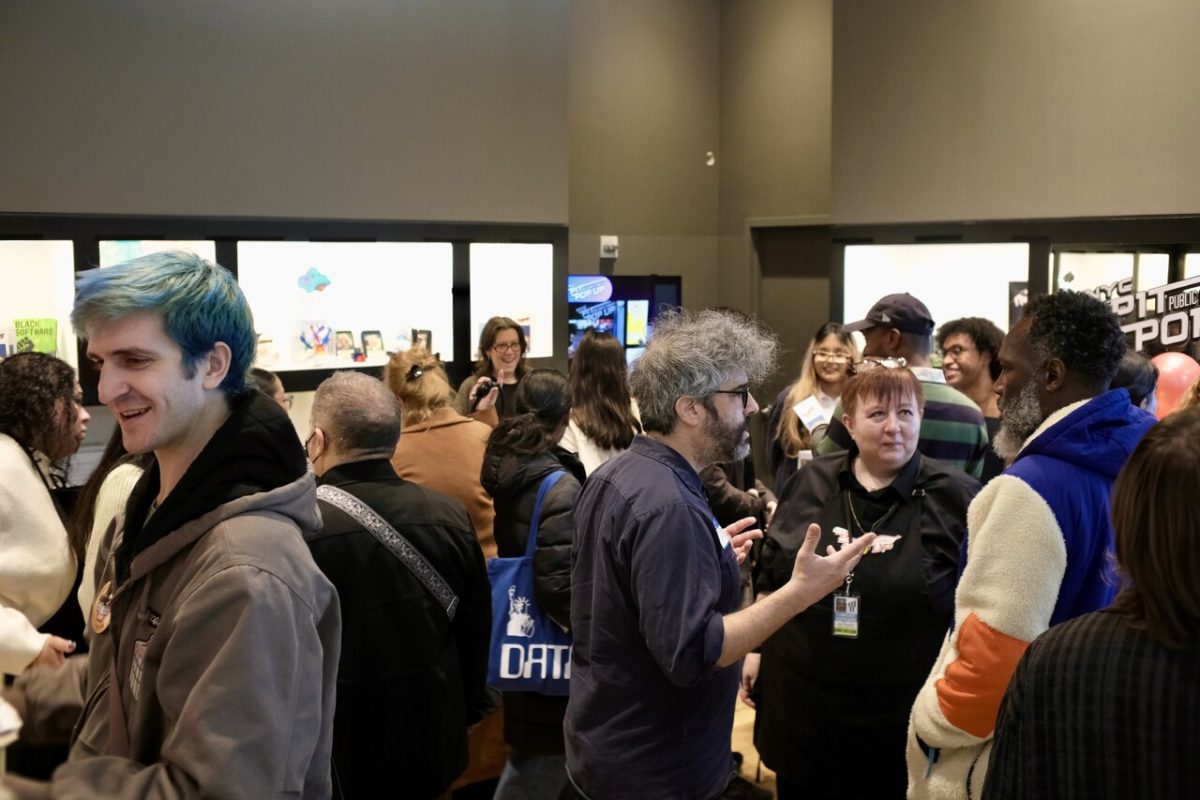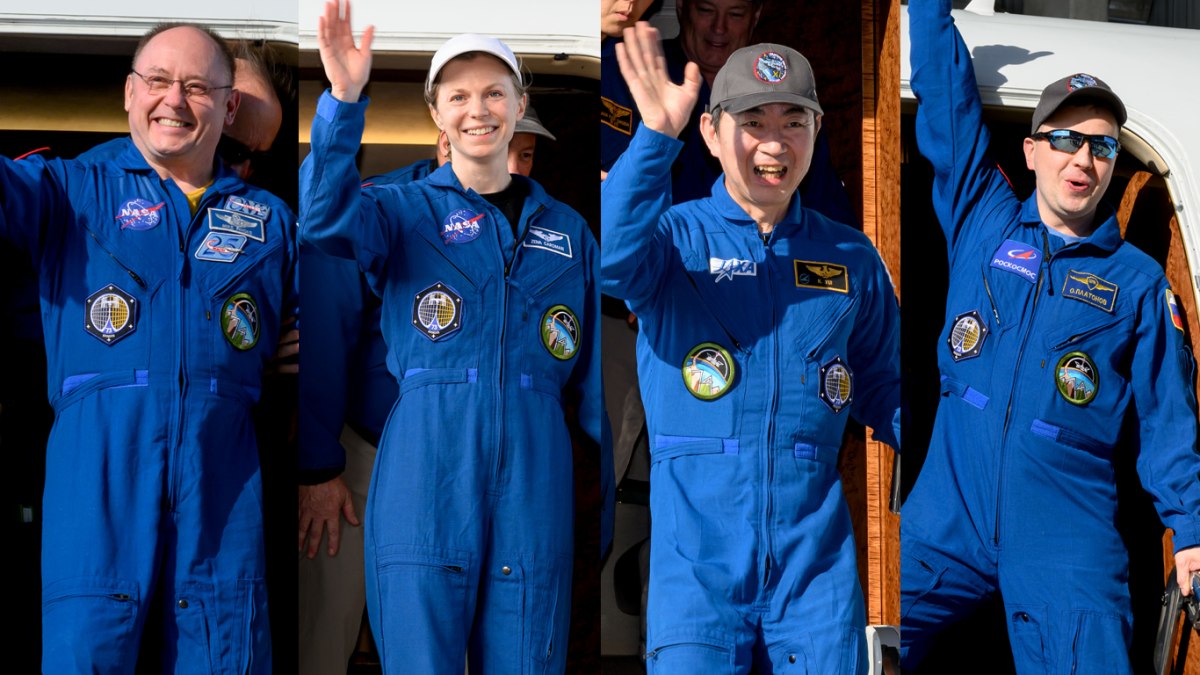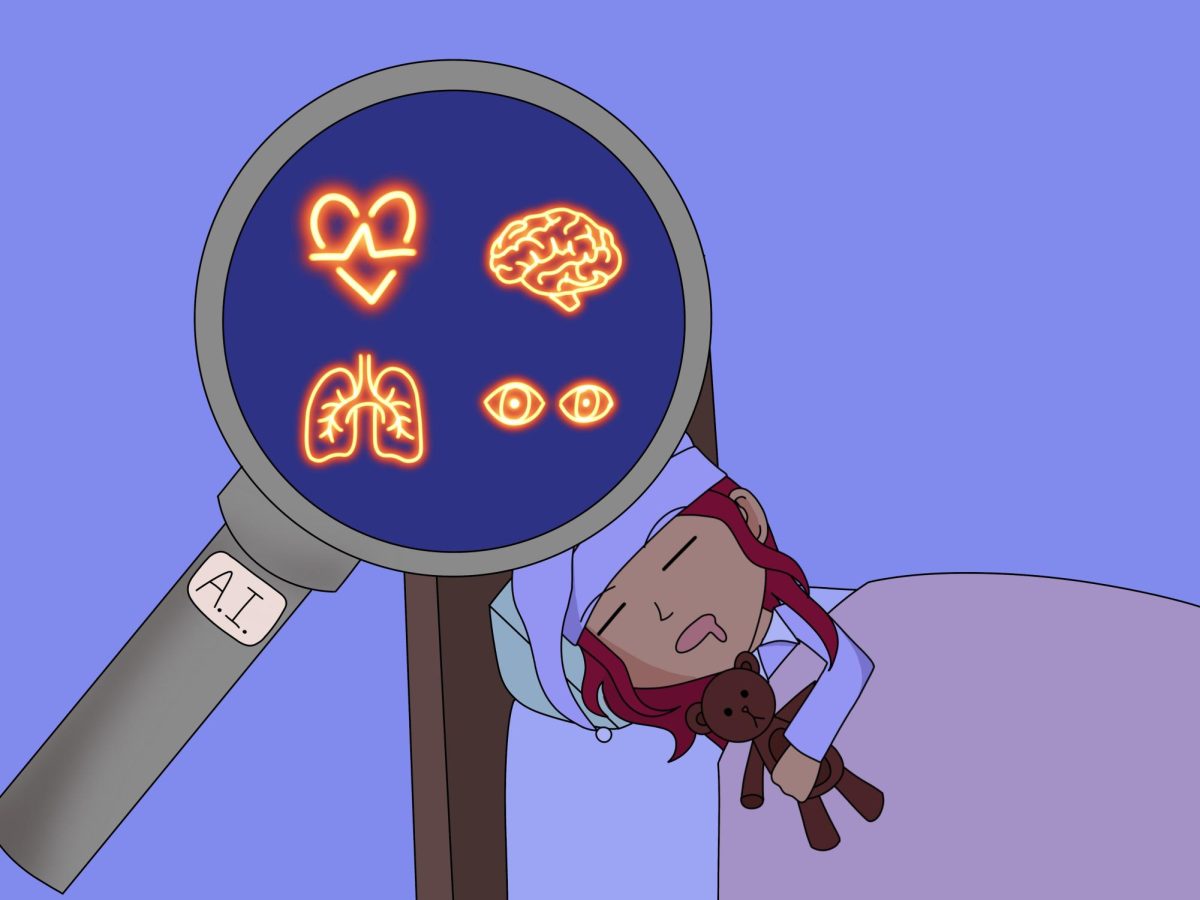A medication such as the one that scientists are looking into would change the way people do work and interact with each other socially. One claim is that people would encourage others to take it, and there would be immense demand for it on the market.
Another claim is that the workday would increase, and employees would have to stay at work
longer. The pill could also potentially yield benefits to those suffering from diseases such as Alzheimer’s.
Ying-Hui Fu, a neurology professor at UCSF, states that the father and son are able to rest more efficiently, which leads to shorter sleep time. While the average person needs around eight hours of sleep, both of the men only need roughly four to six hours to feel rested. Another interesting part of the subjects is their optimism and constant need to be active.
Fu also explains how most people who get less sleep think they can work through it but are actually hurting themselves.
“Your performance is skewed, so you don’t really know your performance is not as good,” she stated. In exchange for bad sleep, people tend to sleep when they can, at small intervals.
To test the effects of the mutation, scientists developed it in mice and recorded their sleeping behaviors.
Mice are troublesome subjects, as their sleep regularity is different. Some would sleep a little and others would sleep up to eight hours. However, the gene mutation still affected the sleep patterns of the mice; the animals needed less sleep, and their memory improved.
Neuroscientists are scientists who study the brain, and they are still trying to comprehend the necessity of sleep.
According to an article by Neuroscience News, scientists cannot pinpoint exactly why people need sleep every night. Nick Frank, a professor from Imperial College London who studies biophysics and anesthetics, states that there are many sleep theories.
Sleep can be tied to conditions such as obesity, heart disease and the processing of memory in the brain. Frank’s group of researchers focuses on obstructive sleep apnea, a disorder found in older patients.
OSA is a condition in which patients have an upper airway collapse, meaning that patients do not get enough oxygen from breathing. This can lead to problems with the heart and lungs, as well as be fatal to the person who has this condition.
The pill that the UCSF researchers propose might not be available during the current generation’s lifetime, but it could help many. As more and more research is done, scientists come closer to solving present issues with sleep.
For students in the future, a pill could relieve stress and reduce tired mornings. While the distribution of such a pill is still unknown, and will be for many years, it could provide benefits to all.
During the research, Fu stated that if her team had more funding, the studies could be continued. A barrier such as funding is common. According to an article by Vox, 270 scientists were asked what thing they would change about science if they had the ability to.
Many of the scientists said the same thing: science is a conflicting research organization. Some claim that because of impediments such as lack of funding and time, researchers are not able to answer the truly meaningful questions posed to them. There are also claims that subject matters that can help humanity are not being researched enough for these same reasons.
As problems arise for many people, it is clear that there are researchers willing to help solve them. The research group at UCSF has gotten closer to answering many college students’ pleas for more time during the day, and theorized a pill that can reduce sleep and treat illnesses.
While the pill is possible in the far future, it is still important now to maintain a healthy nine hours of sleep.








